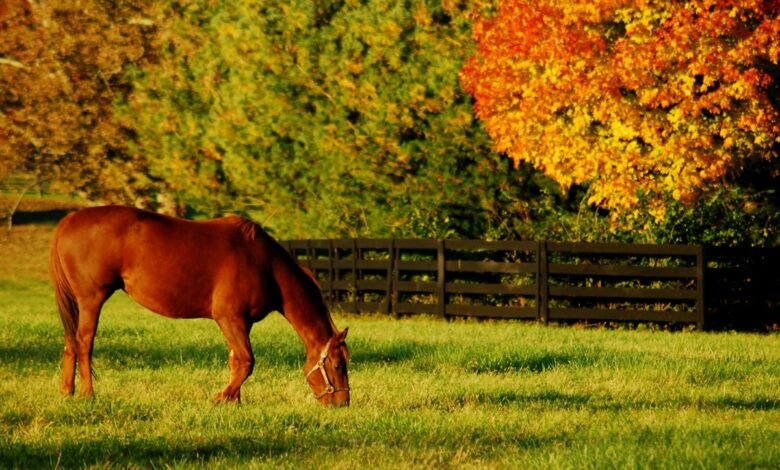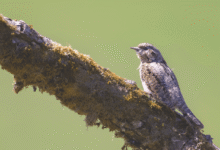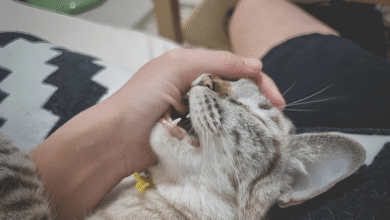
Acorn Poisoning in Horses: Causes, Symptoms, and Treatment
Acorn poisoning in horses is caused by ingesting large amounts of acorns containing tannins. Acorns are a common sight during the fall season, and many horses are known to consume them. However, acorns contain tannins, which can be toxic to horses when ingested in large amounts. This article will discuss the causes, symptoms, and treatment of acorn poisoning in horses.
Introduction
Acorns are a staple food for many wild animals but can be dangerous for horses if ingested in large quantities. The tannins in acorns can cause gastrointestinal irritation, leading to a range of symptoms that can be fatal if left untreated. As a horse owner, it’s essential to understand the causes, symptoms, and treatment of acorn poisoning in horses.
What Causes Acorn Poisoning in Horses?
Acorn poisoning in horses is caused by ingesting large amounts of acorns containing tannins. Tannins are naturally occurring plant compounds that can be toxic to horses when consumed in large quantities. The amount of tannins in acorns varies depending on the oak tree species, the acorn’s maturity stage, and the weather conditions during the growing season.
Symptoms of Acorn Poisoning in Horses
The symptoms of acorn poisoning in horses can range from mild to severe and can include the following:
- Loss of appetite
- Diarrhea
- Colic
- Dehydration
- Weight loss
- Depression
- Lethargy
- Kidney damage
- Laminitis
- Death
Diagnosing Acorn Poisoning in Horses
If you suspect your horse has ingested acorns, it’s important to contact your veterinarian immediately. Your veterinarian will perform a physical examination of your horse and may recommend blood tests, urinalysis, or other diagnostic tests to determine the extent of the toxicity.
Treatment for Acorn Poisoning in Horses
The treatment for acorn poisoning in horses depends on the severity of the symptoms. The horse may recover with supportive care, including rest, hydration, and a carefully balanced diet in mild cases. In more severe cases, hospitalization may be necessary, and the horse may require intravenous fluids, medications to manage pain and inflammation, and other supportive therapies.
Preventing Acorn Poisoning in Horses
Preventing acorn poisoning in horses is relatively simple. Keep horses away from oak trees and areas where acorns are abundant. If you have oak trees on your property, consider removing them or fencing off the areas where acorns fall. Regular pasture maintenance, including mowing and removing fallen branches and debris, can also help prevent horses from ingesting acorns.
Other Toxic Plants to Avoid for Horses
In addition to acorns, there are other toxic plants that horse owners should be aware of. These include:
- Red maple leaves
- Japanese yew
- Oleander
- Poison hemlock
- Nightshade
- Rhododendron
- Azalea
- Lily of the valley
- Jimsonweed
Conclusion
In conclusion, acorn poisoning in horses is preventable, with severe consequences if left untreated. By understanding the causes and symptoms of acorn poisoning and preventing horses from ingesting acorns, horse owners can help protect their equine companions from this dangerous toxicity.
If you suspect your horse has ingested acorns or any other toxic plant, it’s essential to contact your veterinarian immediately for proper diagnosis and treatment. With good care and attention, horses can avoid acorn poisoning and thrive in their environment.
Read More: How to Take Care of Horses







